In recent years, artificial intelligence (AI) has impacted and changed many industries, including media and journalism. The emergence and rapid development of AI has not only changed the way information is created and distributed, but also reshaped the entire media ecosystem.
At the Seminar on Artificial Intelligence Applications in Media organized by the US Diplomatic Mission in Vietnam, Mr. Rishad Patel, co-founder of Splice Media, said that the future of journalism is not AI, nor content, but the readers themselves.
Newsrooms and journalists need to understand what users really need in order to create suitable products. Artificial intelligence will act as a support tool for journalists and newsrooms.
AI will reduce the workload and help journalists' work
In fact, in Vietnam, many journalists and reporters are actively applying AI tools in their daily work, such as using ChatGPT, deduplication software, illustration assistants and many other applications. However, not everyone knows how and when to apply AI.
At the March 2024 Spring Press Conference, the Vietnam Journalists Association announced a survey on the application of AI ethics principles by newsrooms. The results showed that 20 leaders of press agencies in Vietnam said that their units had not applied AI ethics principles, 5 newsrooms did not know of any code, and only 5 press agencies were building and applying their own code of ethics on artificial intelligence.
Some other surveys indicate that the difficulty in implementing AI in press agencies lies in the lack of technology-savvy personnel, lack of implementation costs, and lack of investment in equipment purchases.
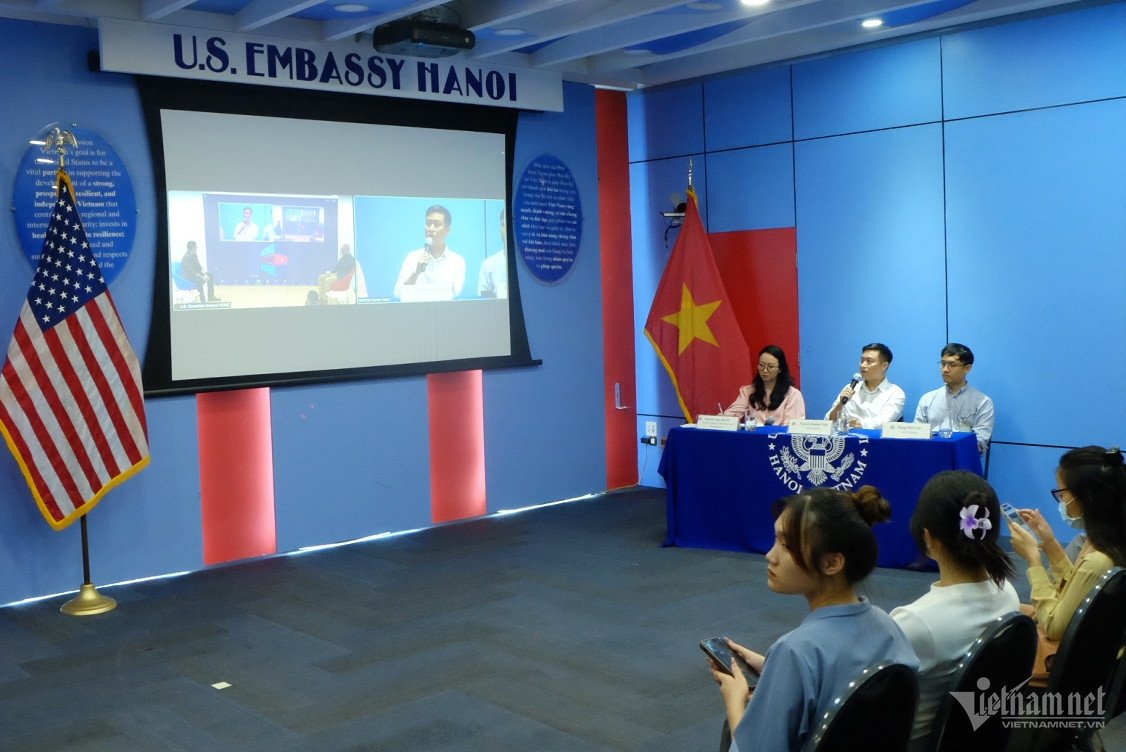
According to Mr. Nguyen Hoang Nhat, Deputy Editor-in-Chief of VietnamPlus, the application of AI in newsrooms is still largely spontaneous, and there is no legal framework to regulate it.
“ We see the need to apply AI to our operations to reduce human resources and improve information efficiency. AI helps us free up labor in some stages, thereby focusing on other, higher-quality work, ” said the Deputy Editor-in-Chief of VietnamPlus.
Mr. Nhat said that there are many new AI tools being created every day, but it will be difficult for any AI tool to completely change journalism. However, the emergence of AI helps newsrooms and television stations understand who their readers are, accurately assess their needs, and thereby produce more practical and humane content.
From the perspective of an educator and technologist, Mr. Dang Pham Thien Duy, senior lecturer at RMIT University Vietnam, believes that to ensure transparency, when using AI in work, users need to admit to others that their products are supported by AI.
“ In scientific articles, I clearly state which AI tools and models I have used. The content generated by AI can be very fast but is not necessarily good. AI is just a tool, when all journalists use AI, what readers need is whether the articles are interesting or not ,” said Mr. Duy.
Journalists and media workers should not be afraid of AI.
Previously, many people were concerned about AI because it could cause errors and even create fake news. However, according to Mr. Nguyen Hoang Nhat, every technology when it is first born has limitations and errors, but they will become more and more perfect. If we reject new technologies from the beginning, human civilization will not be able to develop.
“ We encourage reporters and editors to use AI to support their work. I myself also use AI to support my daily work. Virtual assistants help me solve my work quickly and effectively ,” Mr. Nhat shared.
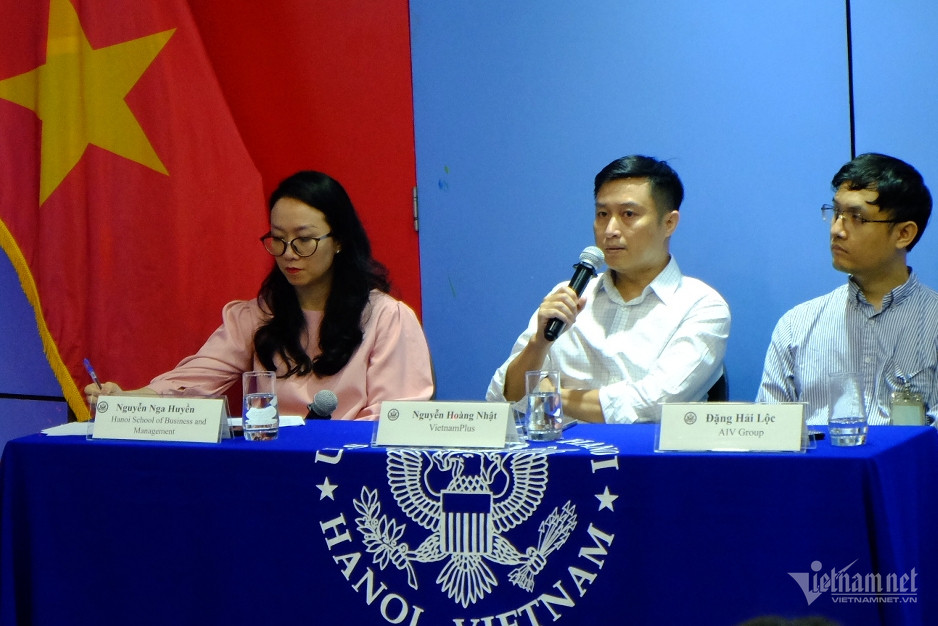
The Deputy Editor-in-Chief of VietnamPlus believes that young people have much better access to technology than previous generations. If they know how to use and take advantage of many AI tools, they will have more open career opportunities in the fields of journalism and media.
In the digital age, journalism is changing rapidly, with new trends constantly emerging and replacing old ones, like one wave crushing the next.
Quoting the President of the World Association of Journalists (WAN-IFRA), Ms. Ladina Heimgartner, Mr. Nhat emphasized that the press has missed the technology train and lost out to cross-border platforms such as Google and Facebook. In today's context, the press should not miss the AI train but proactively bring artificial intelligence into newsrooms.
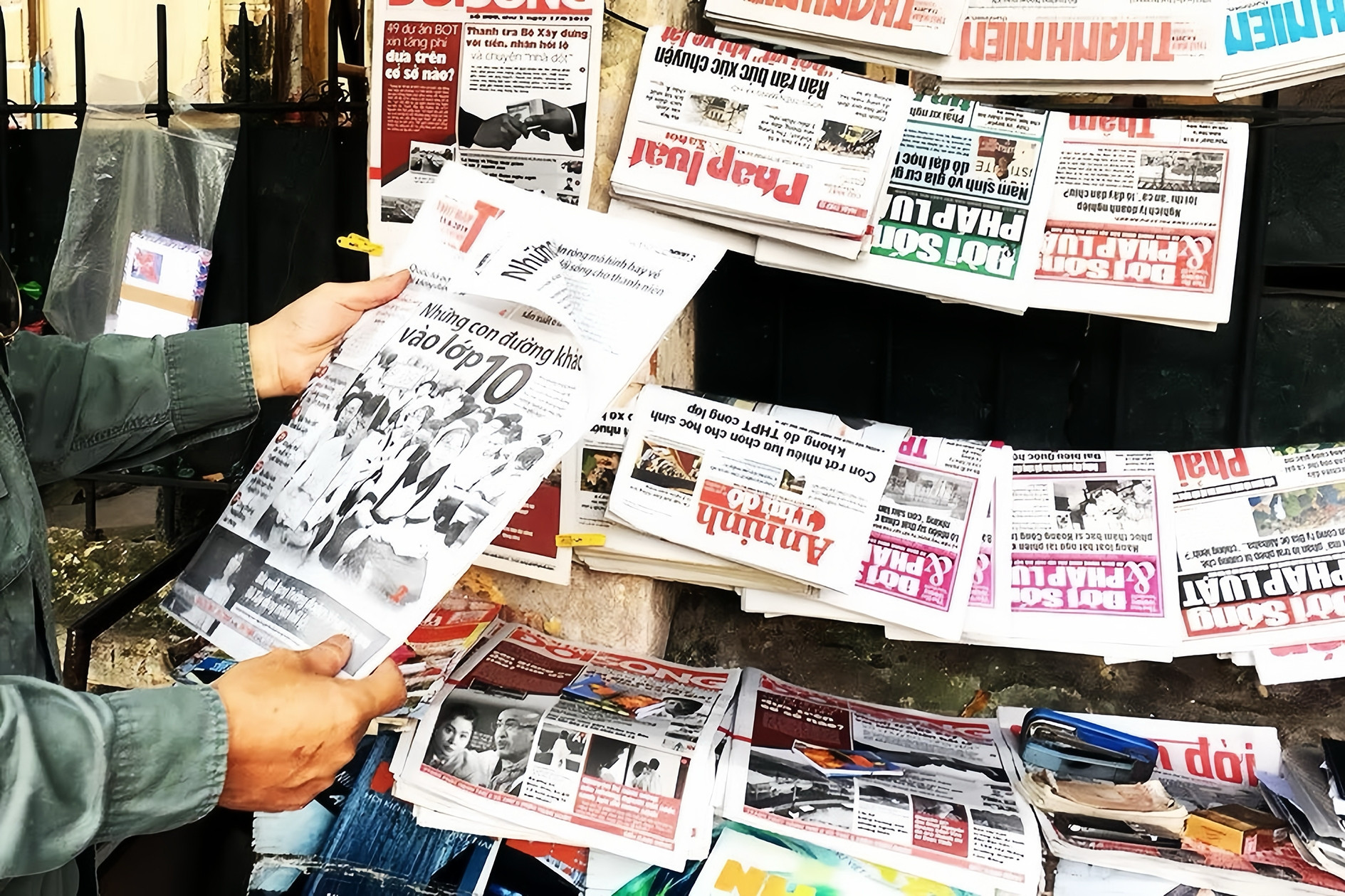
Source: https://vietnamnet.vn/bao-chi-thoi-4-0-dung-bo-lo-chuyen-tau-cao-toc-ai-2291756.html



![[Photo] Closing of the 11th Conference of the 13th Central Committee of the Communist Party of Vietnam](https://vstatic.vietnam.vn/vietnam/resource/IMAGE/2025/4/12/114b57fe6e9b4814a5ddfacf6dfe5b7f)



![[Photo] Overcoming all difficulties, speeding up construction progress of Hoa Binh Hydropower Plant Expansion Project](https://vstatic.vietnam.vn/vietnam/resource/IMAGE/2025/4/12/bff04b551e98484c84d74c8faa3526e0)
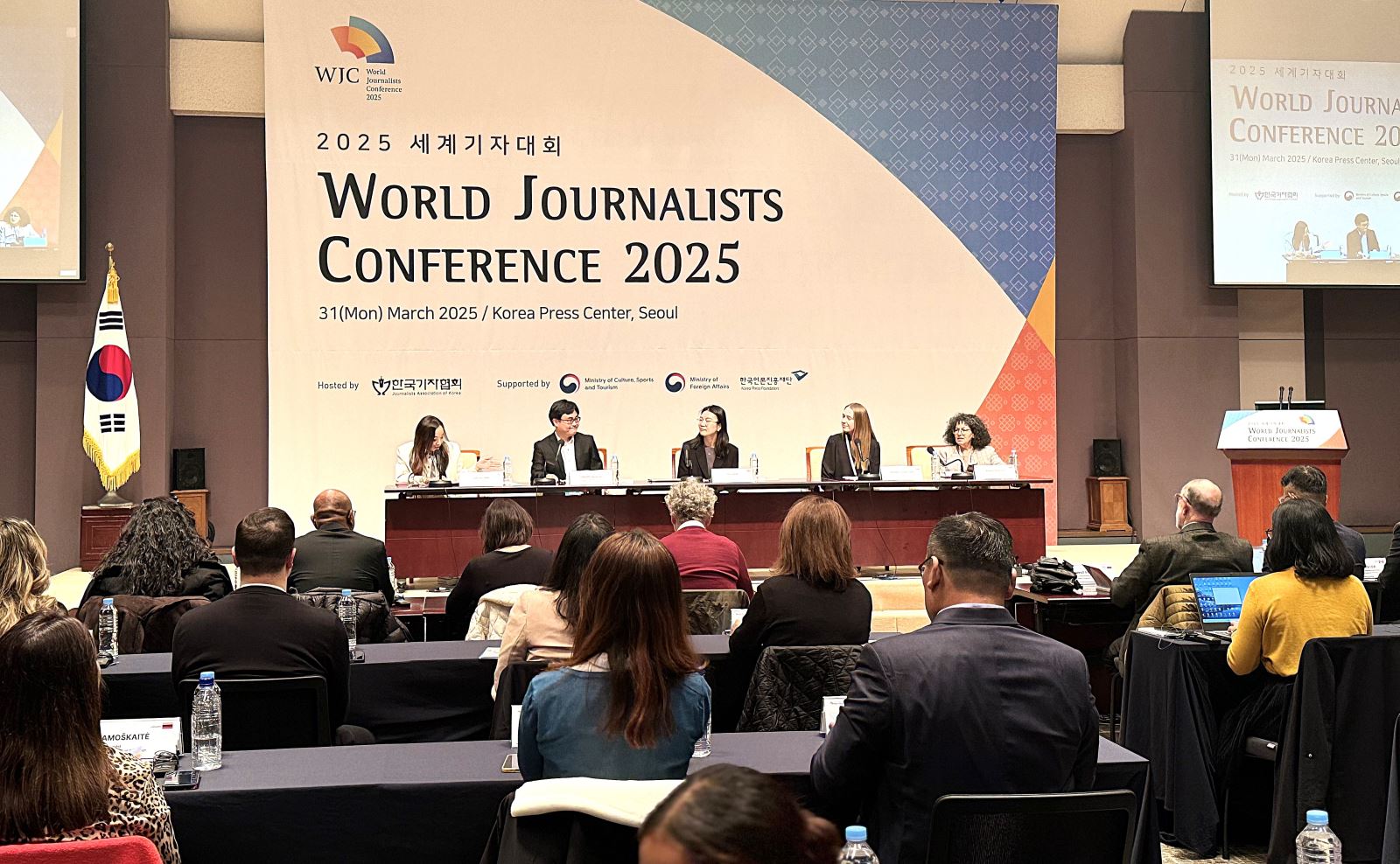

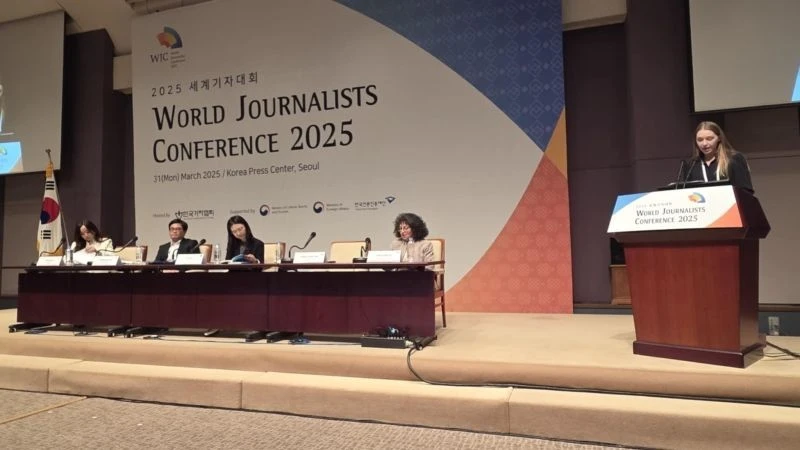



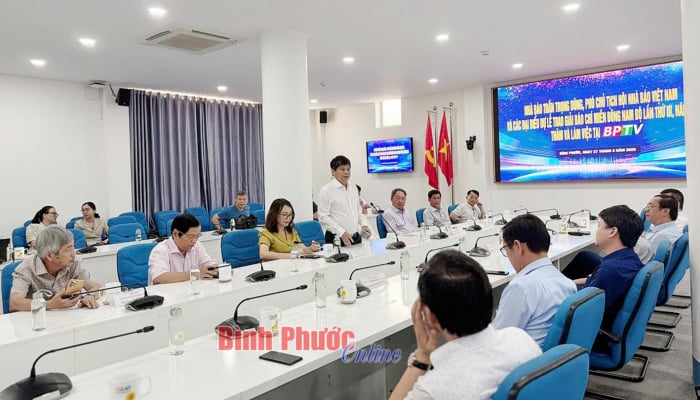
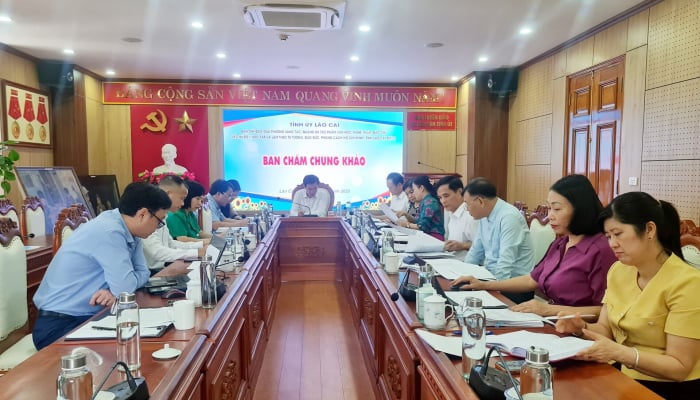


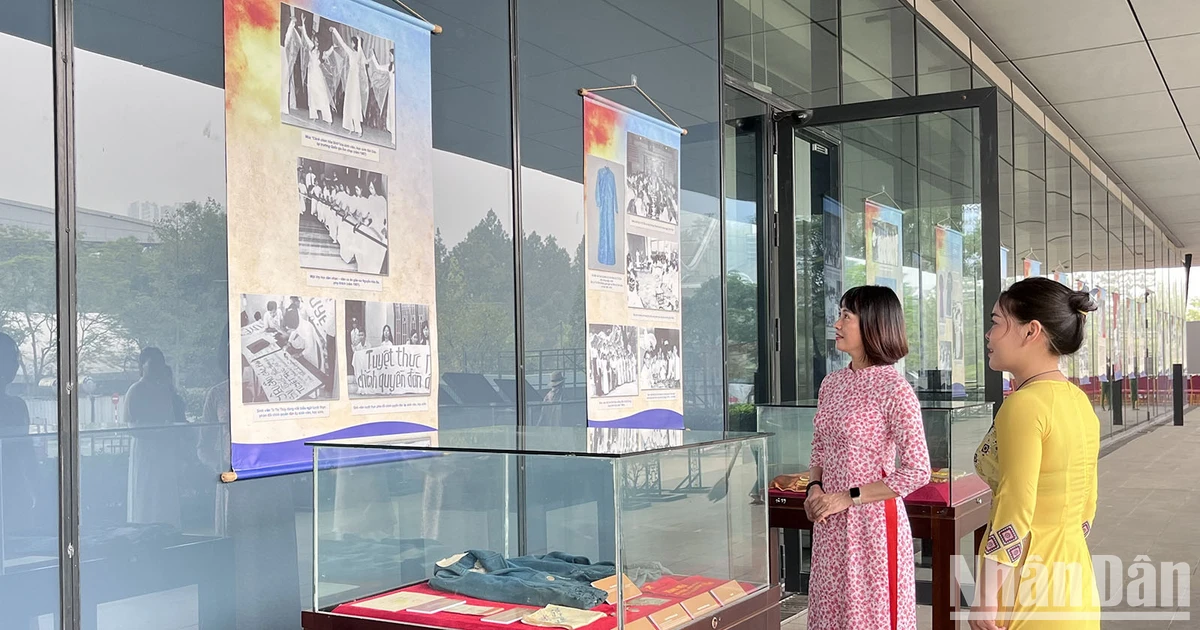


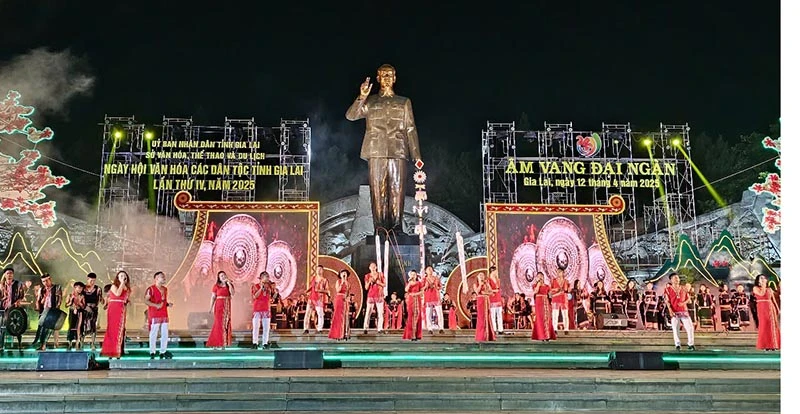
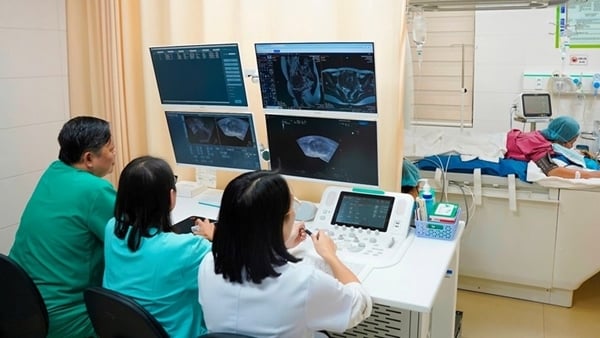





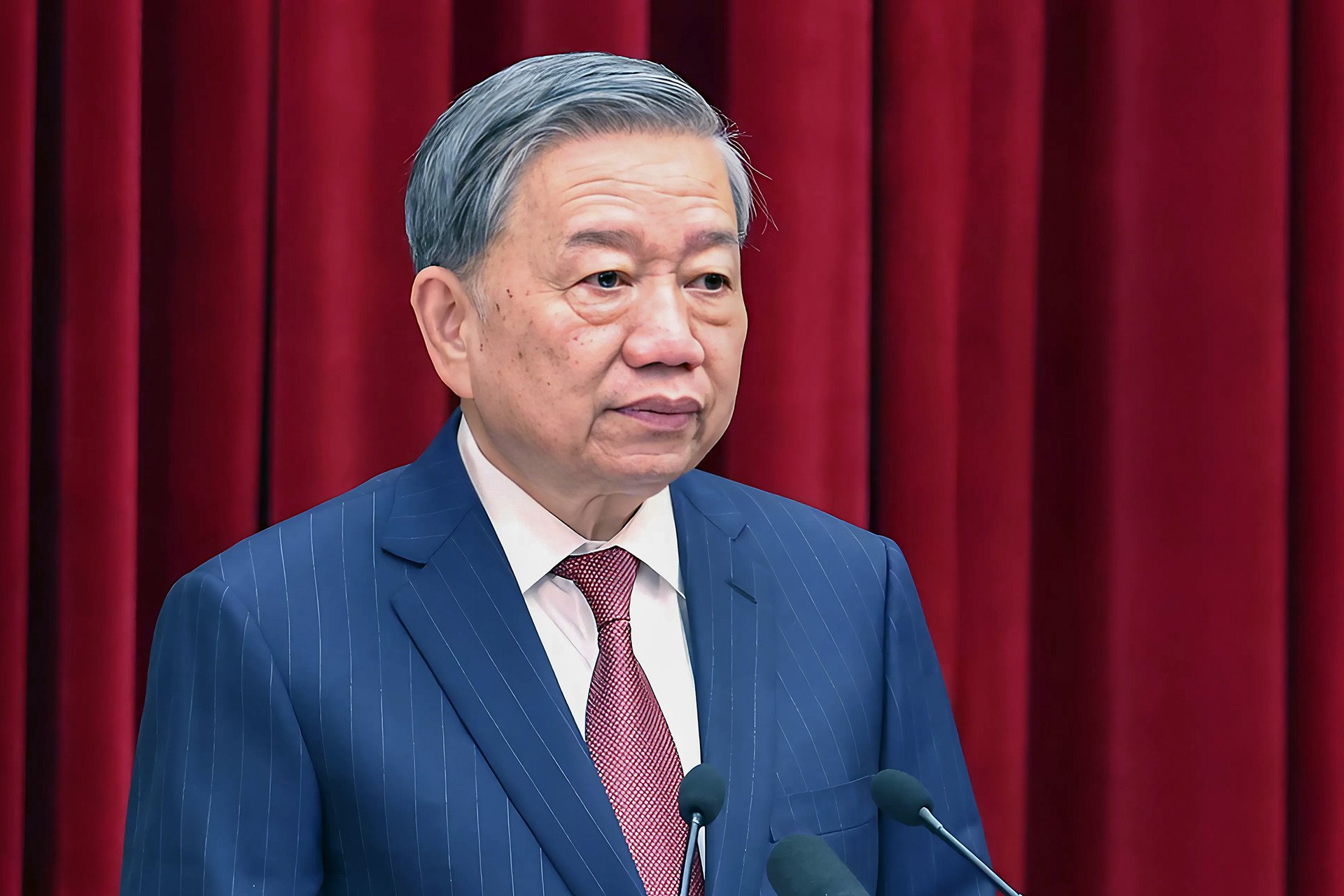
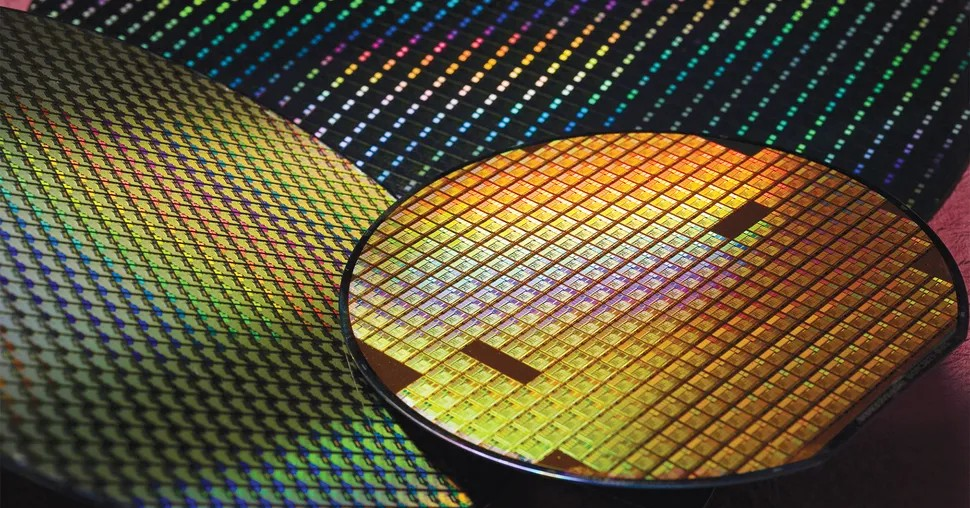
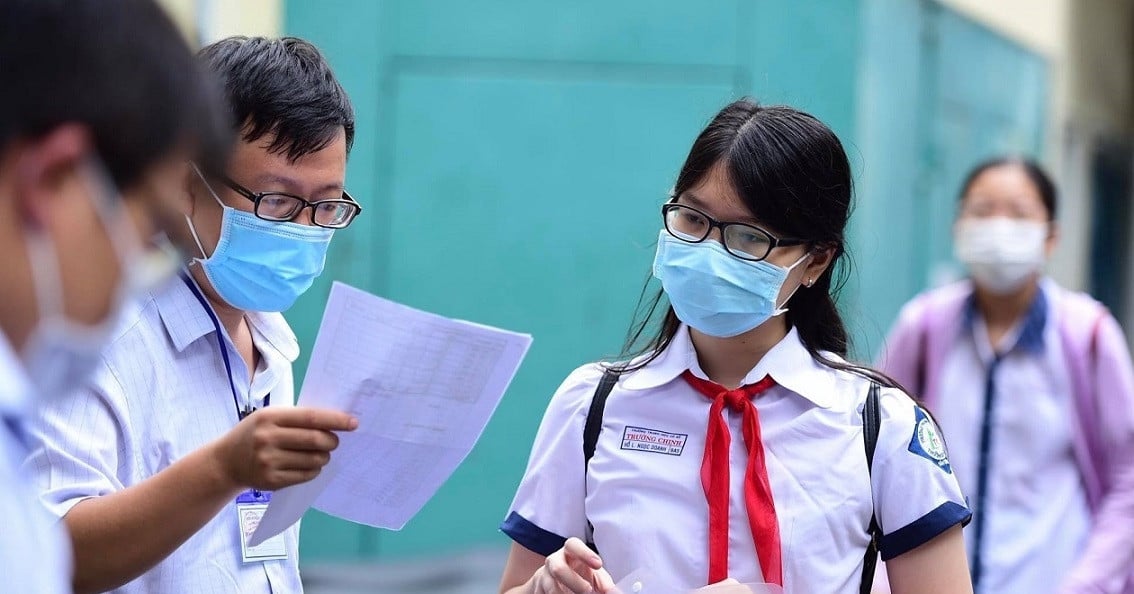
















































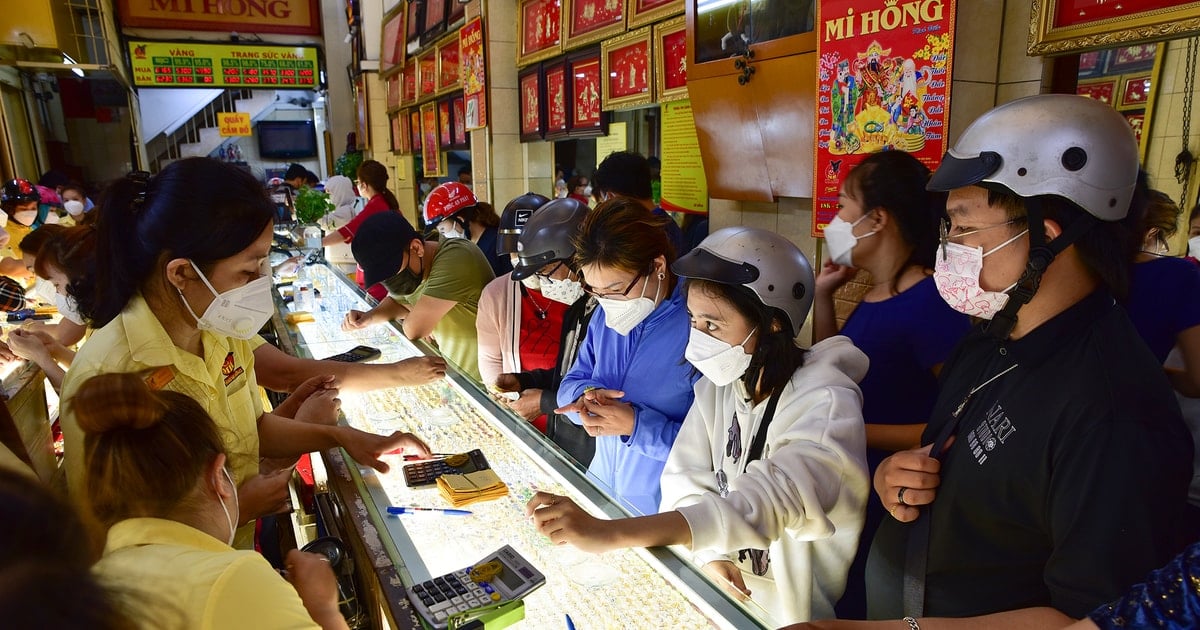













Comment (0)